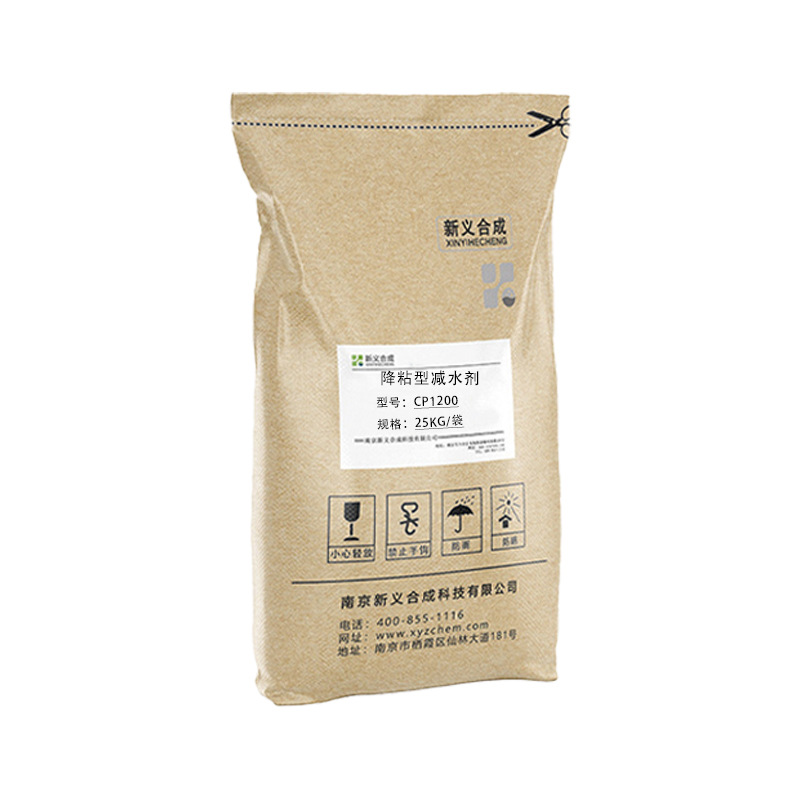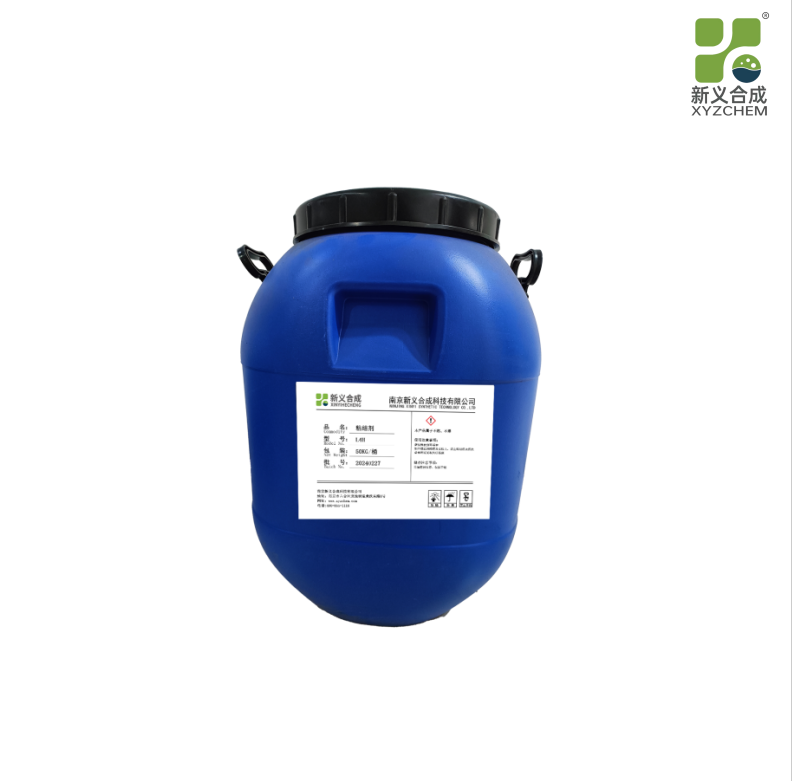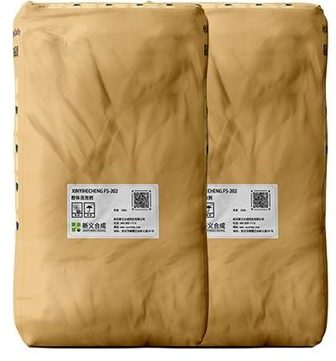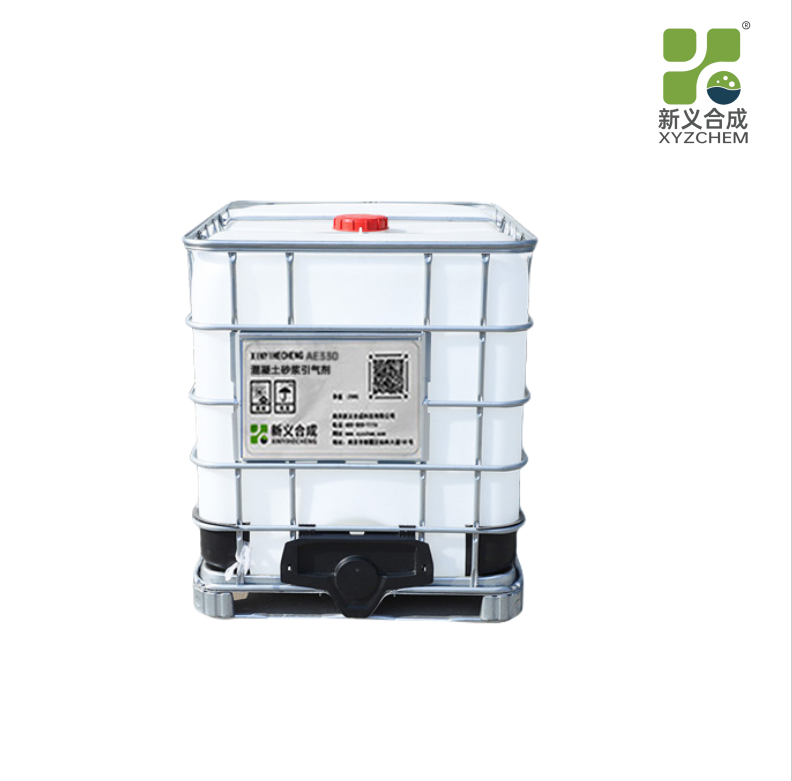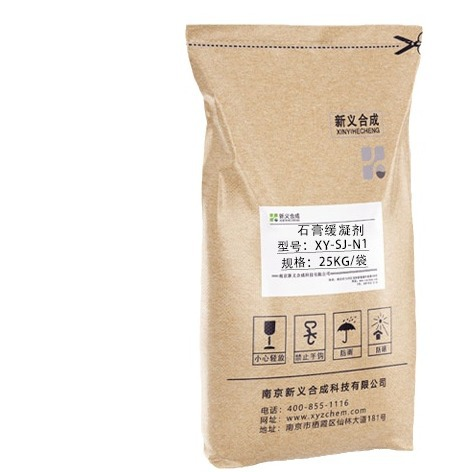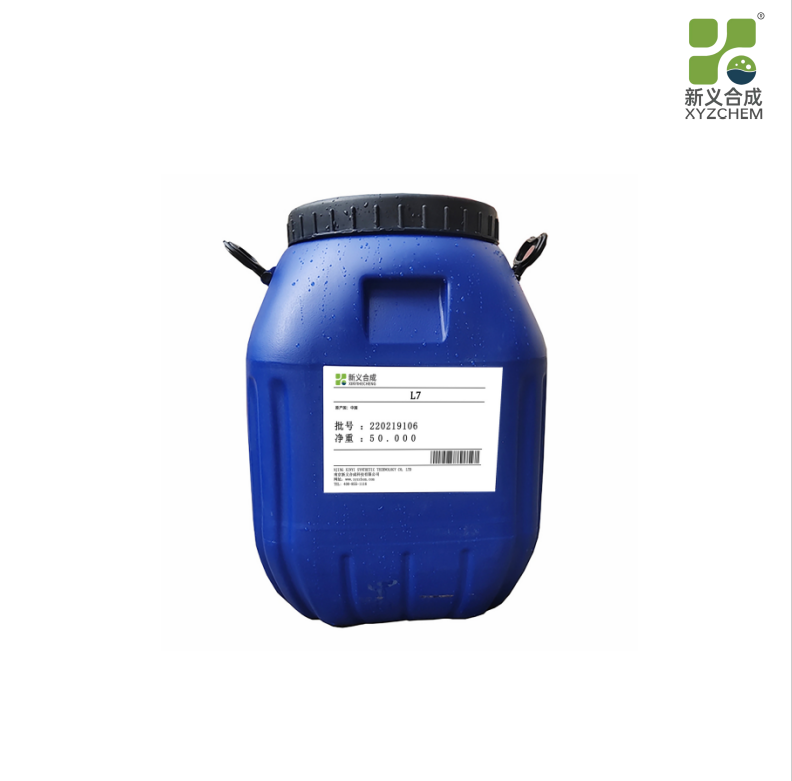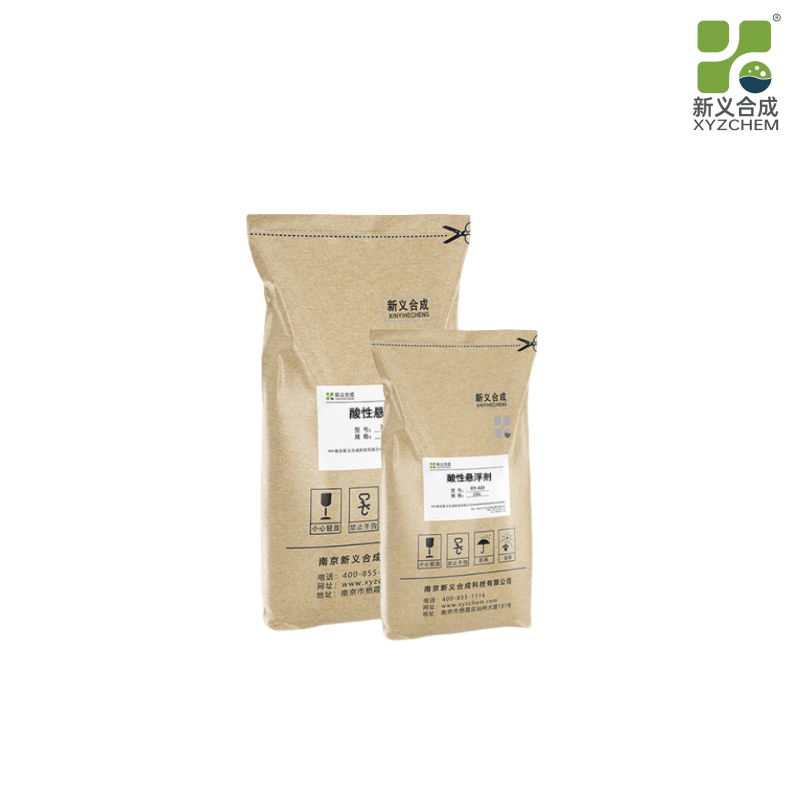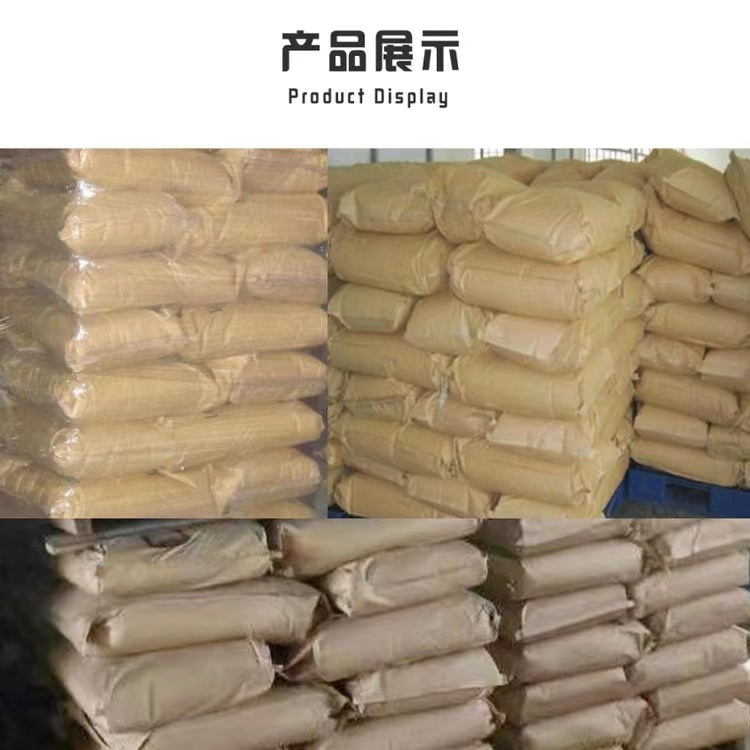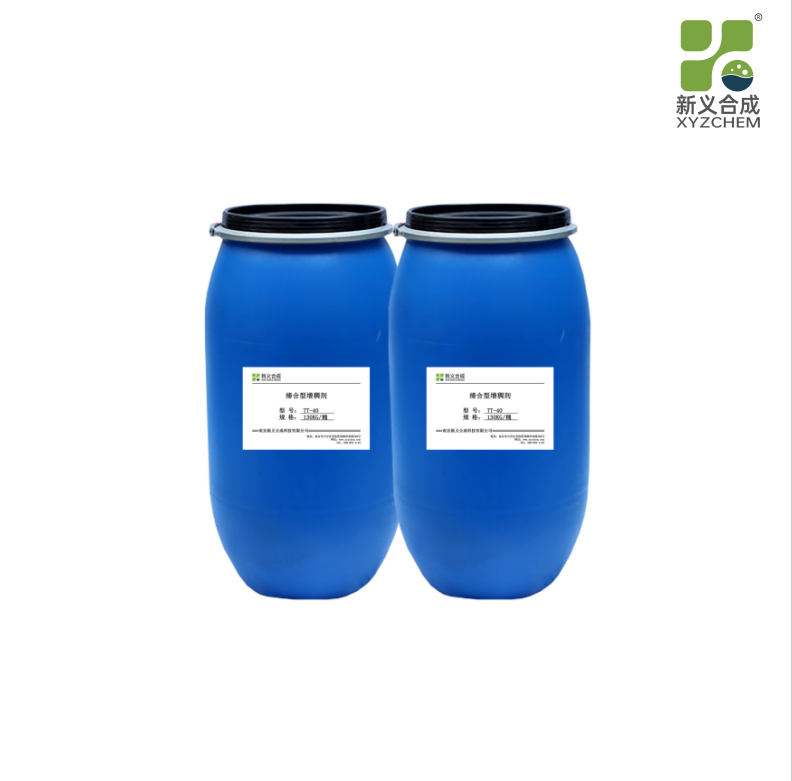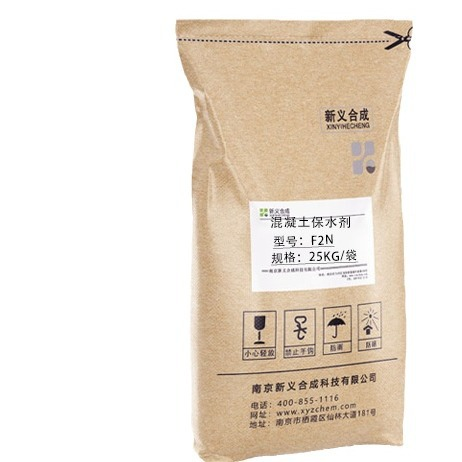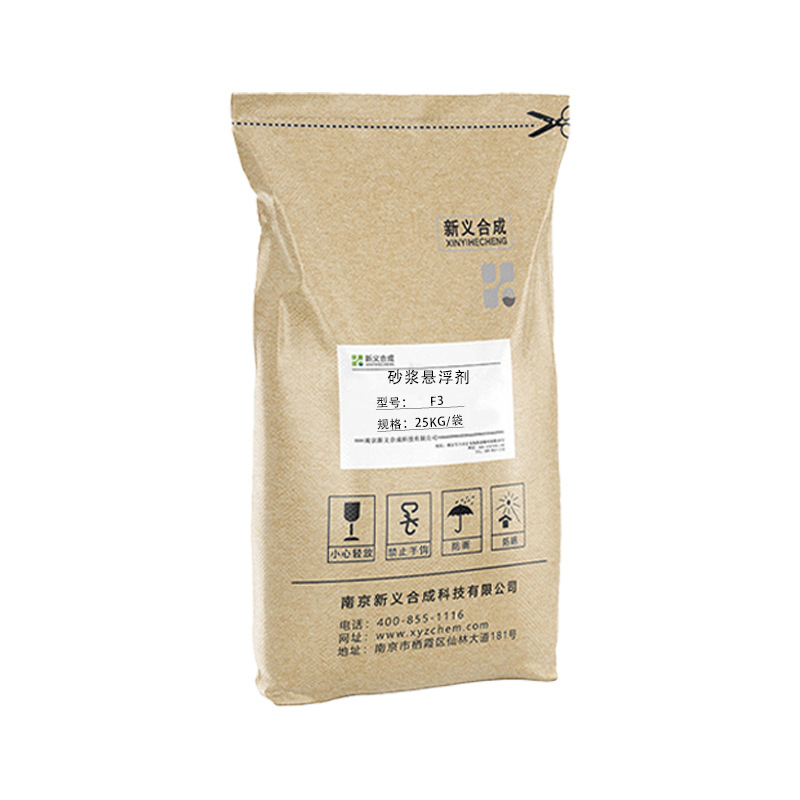Definitions and types:
Definition: Suspension agent is a preparation that evenly disperses the solid pesticide in water with particles below 4 microns, and the international code is SC. The types include water suspension agents and oil suspension agents, where water suspension agents use water as a solvent, and oil suspension agents use oil (such as vegetable oil or synthetic oil) as the main solvent.
Classification: In addition to the above pesticide suspensions, suspensions also include buoyancy suspensions, dispersant suspensions, viscous suspensions, sedimentation rate control suspensions and other types, each of which has different characteristics and uses.
Ingredients and characteristics:
Composition: The suspension agent is usually composed of active ingredients, dispersant, thickener, antiprecipitation agent, defoamer, antifreeze and water. The content of active ingredients is generally 5% to 50%, and the average particle size is generally about 3 microns.
Features: The suspension agent has the advantages of fine particle size, high suspension rate and better efficacy than wettable powder. It does not use organic solvents, low volatility, low toxicity, safety for humans and animals, and non-flammable and explosive, safe storage and transportation. In addition, the dispersion and spreadability of the suspension agent are relatively good, the suspension rate is high, the ability to adhere to the surface of the plant body is relatively strong, and the resistance to rain erosion, so the drug effect is more significant and lasting than the wettable powder.
Application field:
Pesticide field: Suspension agent is one of the most important pesticide dosage forms in modern pesticides, and it is also one of the four environmentally friendly dosage forms recommended by the Food and Agriculture Organization of the United Nations (FAO).
Pharmaceutical field: Suspension agent is widely used in the pharmaceutical field, can prepare export liquid, oral tablets and other preparations, especially oral liquid preparations are the most common.
In the field of cosmetics: Suspension agents also have important applications in the field of cosmetics, such as converting liquid texture cosmetics into semi-solids, improving the stability and quality of products.
In the field of food: Suspension agents are also used in the field of food, such as the addition of suspension agents in beverages and dairy products, which can make the solid ingredients in the product evenly distributed, maintain beauty and taste stability.
Functions and advantages:
Excellent suspension and stability:
The suspension agent can effectively suspend the water-soluble powder in the supersaturated state and keep the powder particles evenly dispersed in the liquid.
By providing high consistency and sedimentation resistance, the suspension agent avoids precipitation, thus ensuring the long-term stability of the suspension.
The suspension time can be maintained for dozens of days or even longer, without water seepage and precipitation, which ensures the continuous use effect of the suspension.
Improve product spread and thixotropy:
The suspension agent has excellent thixotropy and pseudoplasticity, which helps to improve the spread of the product, making it more uniform when applied or sprayed.
Wide applicability:
The suspension agent is suitable for a variety of super-saturated water-soluble powders, such as water-soluble fertilizers, pesticides, etc., and has a wide range of applicability.
Environmental protection and safety:
Suspensions are usually made of environmentally friendly materials that contain no or less chemicals and are environmentally friendly.
The use of suspension agents reduces dust pollution and is safe for operators and the environment.
Easy to use and handle:
Suspensions are usually liquid or semi-solid and are easy to use and store.
Compared with traditional dry powder products, suspension agents do not require additional mixing equipment when used, reducing operating costs.
Improve efficacy and durability:
The drug particles in the suspension agent have a large specific surface area, which is easy to absorb and digest, thus improving the rapid effect.
The dispersion and spreading property of the suspension agent are good, the suspension rate is high, the adhesion ability on the surface of the plant body is strong, and the resistance to rain erosion makes the drug effect more significant and lasting.
Low cost, high efficacy:
Compared with other preparations, the suspension agent has higher cost performance and lower cost.
At the same time, because the drug effect of the suspension agent is significant and long-lasting, the amount of medicine can be reduced and the cost of use can be further reduced.
In summary, the suspension agent of the supersaturated water-soluble powder has the advantages of excellent suspension and stability, improve product spreading and thixotropy, wide applicability, environmental protection and safety, easy to use and handle, and improve efficacy and durability. These advantages make suspension agents widely used in agriculture, horticulture, environmental protection and other fields.
